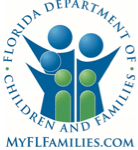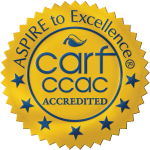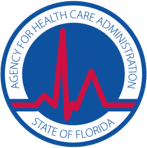Depressive Disorder Treatment Center
Home » What We Treat » Depressive Disorder Treatment Center
Offering depression treatment programs in South Florida
What Are Depressive Disorders?
In the United States, 16 million Americans battle depressive disorders every year, according to the National Institute of Mental Health (NIMH). Those with depressive disorders fight against persistent feelings of loneliness, pessimism, and worthlessness that cause normal daily interaction with family and friends to seem daunting.
Depressive disorders affect everyone differently, but thankfully they can be treated at a depressive disorder treatment center. At our residential depression treatment center and outpatient depression treatment center, we provide the effective treatment needed to ensure sustained recovery.
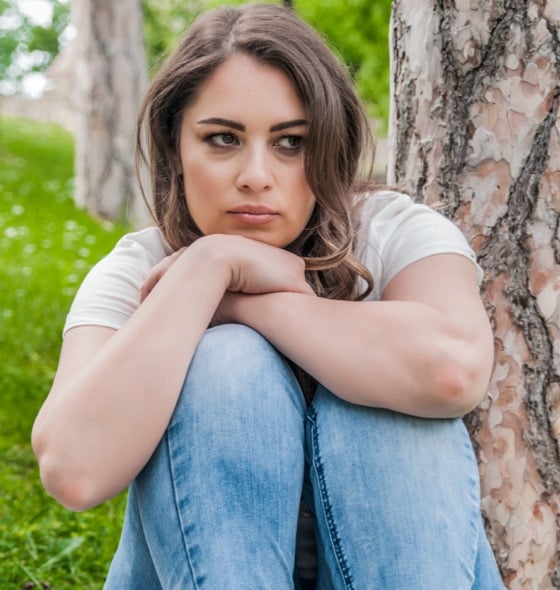

Types of Depressive Disorders
Depressive disorders are categorized into the following types. If you’re suffering from one of the disorders listed below, it’s important to seek residential depression treatment or outpatient depression treatment.
Major Depressive Disorder
Major depressive disorder is a condition that interferes with an individual’s ability to function. During periods of depression, the individual may be unable to cope with ordinary life activities like school, work, or even socializing with family and friends. While some people may have a single occurrence of major depression during their lives, most people who are diagnosed with major depression have recurrent bouts of it.
Dysthymic Disorder
Dysthymic disorder is less severe than major depression and is characterized by depression that has lasted two or more years. The symptoms may not disable the individual (as with major depressive disorder), but they can interfere with the individual’s coping skills. When dysthymic disorder develops into major depression, it tends to be more difficult to treat.
Depression with Psychosis
Depression with psychosis occurs during a break with reality, when an individual may experience delusions or hallucinations. Individuals with depression with psychosis may imagine that something is wrong with their bodies.
Postpartum Depression
Postpartum depression can develop during pregnancy and up to a year after childbirth. Often referred to as the “baby blues,” postpartum depression can cause mothers to be irritable, tearful, and feel resentment toward their infants. It may also be a sign of bipolar tendency.
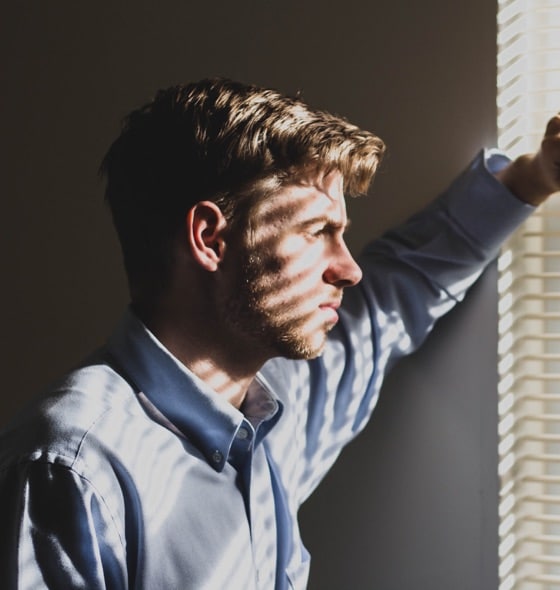

Seasonal Affective Disorder
Seasonal affective disorder occurs during the winter months when there is less exposure to sunlight. It’s sometimes referred to as “winter depression”.
Mood Disorder Due to Medical Conditions
Mood disorder due to medical conditions is when depression has a dual diagnosis with medical conditions (e.g., cancer, thyroid abnormalities) that can induce similar changes in the brain. Recent research shows that depression, inflammation, and immunological abnormalities are interrelated. Therefore, the depressed or grieving individual is vulnerable to heart or other illnesses influenced by inflammation or a weak immune system. It’s important to treat both the medical condition and the mood disorder at one of Lifeskills’ depression rehab centers if this occurs.
Medication-Induced Depression
Certain prescription medications can cause medication-induced depression including, but not limited to antibiotics, antifungal drugs, blood pressure medications, interferon, oral contraceptives, and steroids. Before taking any medication prescribed by depression rehab centers it’s important to ask about the mood-altering side effects.
Substance-Induced Mood Disorder
Substance-induced mood disorder happens when depression occurs while using substances, while intoxicated, or after withdrawal. At Lifeskills in South Florida, we treat individuals struggling with a dual diagnosis of substance use disorder and depression.
Signs and Symptoms of Depressive Disorders
Symptoms of depressive disorder include:
- Restlessness, fatigue, or lack of motivation
- An increase in irritability or impatience
- Fear of expressing strong emotions or constant anxiety about the future
- Constantly feeling unappreciated by others
- Processing anger through a pattern of impulsive thinking or brash judgments
- Socially isolating yourself from family and friends
- Reoccurring or persistent headaches, muscle aches, body pains, and gastrointestinal problems
- Feeling trapped or showing a pattern of pessimistic comments and behavior
- Ignoring eating or binge eating
- Preferring to do things alone instead of with others
- Having zero motivation for new activities, new ideas, or new relationships
Because depression symptoms can range in severity, it’s vital to get treatment at a depressive disorder treatment center like Lifeskills.
The Importance of Depression Rehab Treatment
Without proper treatment at a depressive disorder treatment center, the frequency and severity of depression often increase over time, lasting from weeks to a few months to many years. It may be challenging for those with depression to take action to help themselves but gaining awareness and learning to identify depression can start the recovery process. The next step is to seek treatment at one of Lifeskills’ depression treatment programs.
Depression Treatment Programs at Lifeskills
Treatment at a depressive disorder treatment center requires comprehensive care, an active client-clinician connection, and ongoing support. At our residential and outpatient depression treatment centers in Deerfield Beach , Lifeskills’ expert clinicians ensure that clients receive the individualized support needed to have the best chance at sustaining long-term recovery.
Additionally, depression often co-occurs with a substance use disorder. If you or a loved one are struggling with a substance use disorder along with depression, our specialized depression rehab centers will address both disorders.
If you’re ready to take the next step
in your recovery at Lifeskills depressive disorder treatment center, we’re here to help.


